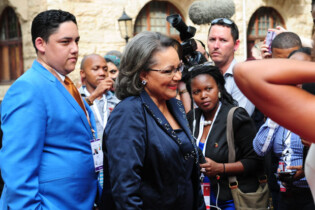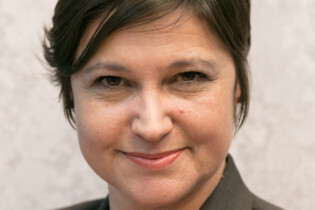Let’s enter the real world of staging and production in which conceptual planning is swiftly followed by the creative ability to ‘get the message across’ whether product launch, banquet, awards or hard core entertainment.
The MICE Academy is aware that it takes technical expertise on high scaffolding coupled with in-depth knowledge, effective lighting and sophisticated control panels to bolt it all together and make it happen.
Production houses require desperately long hours to ensure it all comes together as planned and indeed as contracted.
An ongoing survey of responses into the UK production industry commissioned by the PSA (Production Services Association) correlated by PSA member James Cobb has so far revealed – on average – people’s working day is over 14 hours.
On average people on tours / event sites are usually getting a little over 5 hrs sleep as an average over the working period.
Nearly one in five are usually getting less than 4 hours over the working period.
6 hrs sleep for 2 weeks = 24 hours with no sleep
4 hours sleep for 2 weeks = 48 hours with no sleep
Awake for 18 hours = over drink drive limit
Normalised to a full time equivalent (ie if people worked 250 x 8 hour days per year) the industry has one lost time injury every three years.
This is equivalent to 15 times more within the construction industries accident record.
This is not a projection it is the actual number of people self-reporting time off for injuries in the survey.
Added Cobb ‘The link between work hours, sleep hours, and accidents in injuries is statistically significant in the survey. If we reduce working hours to 12 hours per day, we’d prevent 15 % of those injuries’.
The figure for a 10 hour working day is 30% and for 12 hour working day is 55%.
In the United Kingdom alone there are 8,000 lost time injuries each year that wouldn’t happen if people weren’t fatigued.
There is a legal duty in the UK as well as South Africa to assess and control risks as far as is reasonably practicable. If someone working on tour, getting 4 hours sleep has an accident, the PSA do not believe most people’s risk assessment would be deemed suitable and sufficient. It is equally unlikely that the employer would have done everything ‘reasonably practicable’ to reduce risks.
Commented South Africa’s technical production management gurus: ‘It is likely the fatigue challenges are similar in South Africa. However it should be borne in mind that long hours are inter-related with client’s budget-constraints to spend an additional set-up day’s venue rental and the ongoing skills shortage across a number of technical disciplines.’
Concluded James Cobb: ‘The industry needs to assess and control risks. Every tour should be doing a thorough fatigue assessment – as policy – to ensure they are compliant’.







